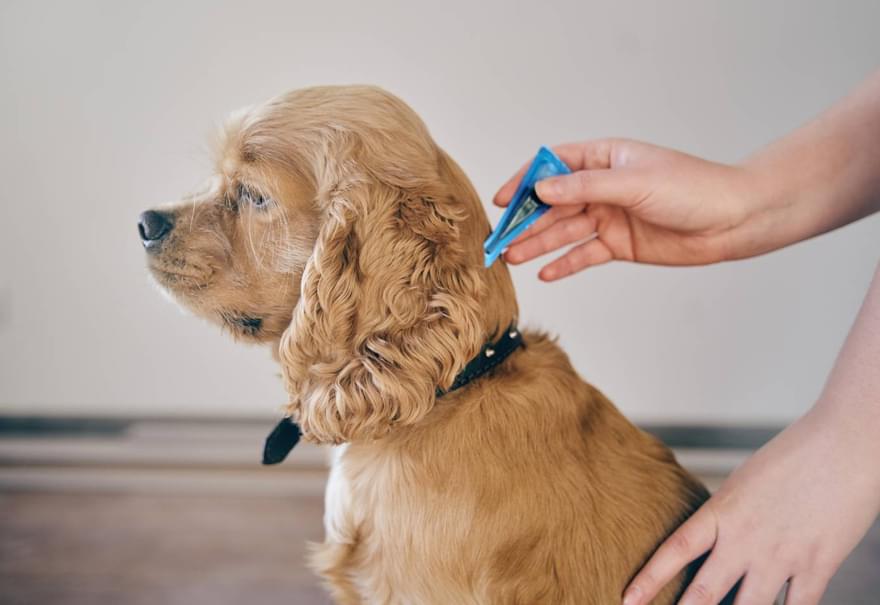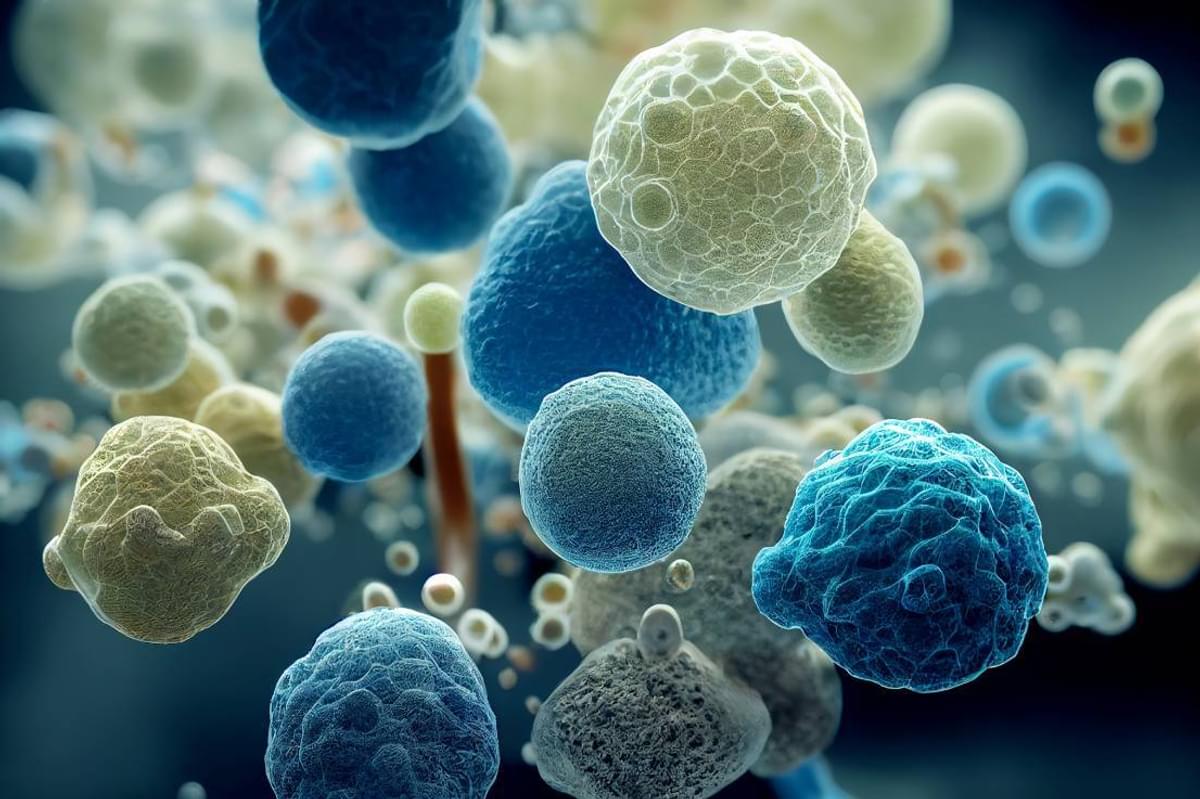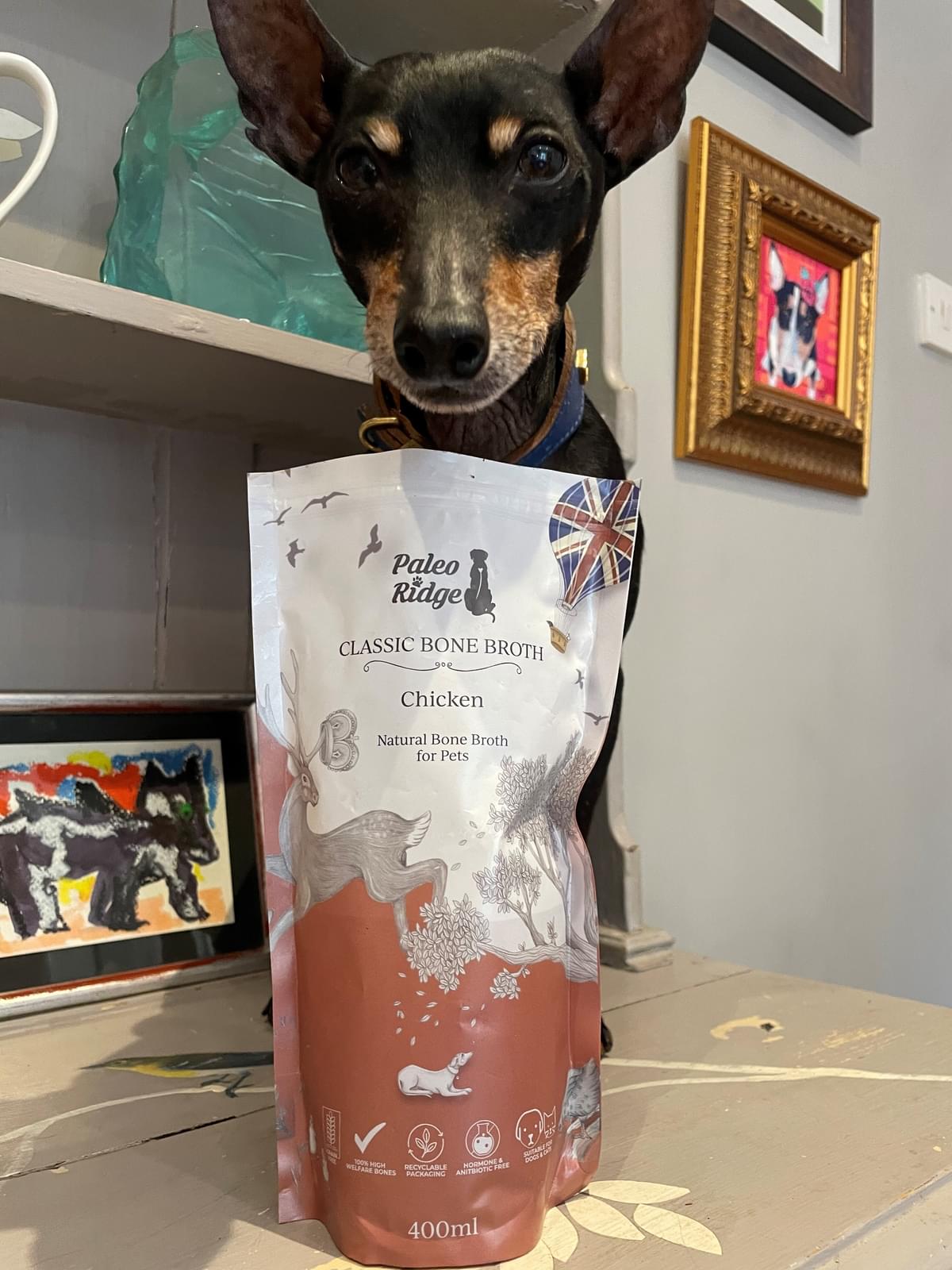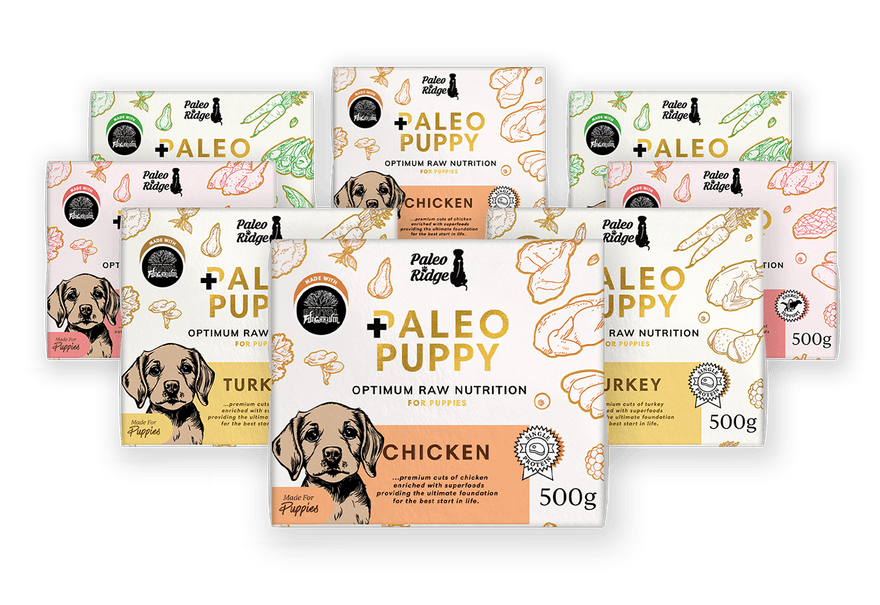My passion to feed Molly for optimum health inspired my study of canine (and feline) nutrition at the College of Integrated Veterinary Therapies.
The field of nutrition changes almost daily with science increasingly confirming the health value of fresh functional whole foods.
These foods should be ‘bio-available’, meaning the type of food that can be digested, broken down and absorbed seamlessly into the bloodstream from the small intestine. Before being circulated to every cell in the body and fuelling them with ‘nutrients’ and energy.
It’s interesting to think of food as impacting positively on your cellular expression. But many foods like overly processed options are classed as an ‘environmental stressor’ or anti-nutrients, which can be defined as: “a toxic contagion in your surroundings that accumulates over time to impact negatively on health and mental wellbeing”.
Appreciating the key role of food, the new science of Epigenetics investigates the interplay between everything in our environment, including diet, that impacts either positively or negatively to genetic expression, which either promotes health or creates disease.
Each of our trillions of cells is surrounded by a semi-permeable structure called the Epigenome, which is responsible for selecting and transferring nutrients like metabolites into the Genome - where the DNA is stored in almost every cell.
Ideally, only ‘good’, appropriate nutrients should be allowed into the genome, but inevitably in our modern environments, many contaminants like sugars, antibiotics, and chemicals will also enter through its semi-permeable structure. Over time contributes to distorting our genetic expression causing inflammation and disease.
Dogs can’t choose and buy the food they eat. They’re dependent on their Pet Parents / Owners to do that for them.
I’ve seen how many dogs have been transformed by a switch from processed to a raw unadulterated balanced and species-appropriate complete diet.
Not least with my own Mr Binks, who I re-homed aged two. He’s an English Toy Terrier and nearly 12. He has a degenerative health condition called Legg Calve Perthes Disease, which affects his bones and hip joints.






